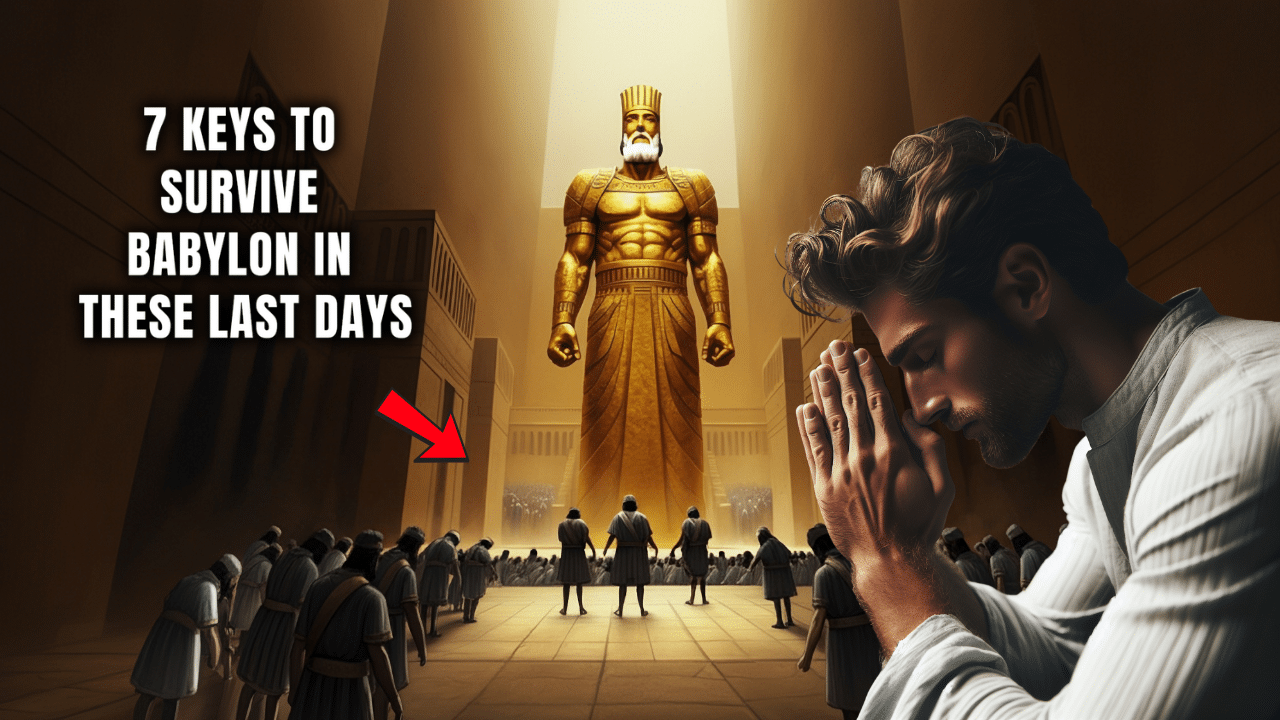In a devastating blow to the U.S. beekeeping industry, millions of bees have died over the past eight months, prompting experts to label this as potentially the worst bee loss in recorded history.
The alarming scale of these deaths has raised urgent concerns about the future of pollination and food production, with beekeepers and scientists scrambling to understand the causes behind this unprecedented crisis.
Blake Shook, a prominent U.S. beekeeper, has been at the forefront of sounding the alarm. In an interview with CBS News on March 29, 2025, Shook described the situation as an “unfolding disaster” for the industry.
“The data is showing us this is the worst bee loss in recorded history,” he said, noting that he has personally found tens of thousands of dead bees at his operations.
Shook’s sentiments were echoed in a report by Yahoo News on the same day, which highlighted the staggering losses reported by commercial beekeepers nationwide.
One of Shook’s colleagues, a beekeeper who began the winter with 20,000 beehives, is now left with fewer than 1,000—a loss of over 95% of their colonies.
The scale of this die-off is not just a problem for beekeepers; it poses a significant threat to national food security.
Bees are vital pollinators, responsible for roughly one-third of the food consumed in the United States, including fruits, vegetables, and nuts. “If this is a multi-year thing, it’ll change the way we consume food in the United States,” Shook warned in the CBS News report.
He emphasized that an annual loss rate of 80% would render the beekeeping industry unsustainable, crippling the ability to pollinate crops at the scale required for current agricultural production.
Beekeeping groups cited by CBS News estimate that 25% of commercial operations could shutter by the end of 2025 if these losses persist.
The ripple effects are already being felt, with Shook receiving an influx of distressed hives from beekeepers across the country desperate to salvage what remains of their colonies.
Posts on X reflect growing public concern, with users like @walkswithhawk calling for more people to take up beekeeping to address the crisis, while @deviousfranklin underscored the dire implications: “No pollinators—not enough food! What is going on?”
The cause of this mass die-off remains unclear, adding to the urgency of the situation.
Neither CBS News nor Yahoo News pinpointed a definitive reason, though speculation ranges from pesticide exposure and climate change to disease and habitat loss—factors that have historically plagued bee populations.
The lack of answers has only deepened the sense of crisis, with Shook telling CBS News that he has “never seen losses like this” in his career.
This is not the first time bee populations have faced significant declines. Colony Collapse Disorder, which emerged in the mid-2000s, caused widespread losses, but the current situation appears to dwarf those events in scale and speed.
While historical data is limited, the sheer volume of dead bees reported in 2025 has led experts like Shook to assert that this could be a record-breaking tragedy.










